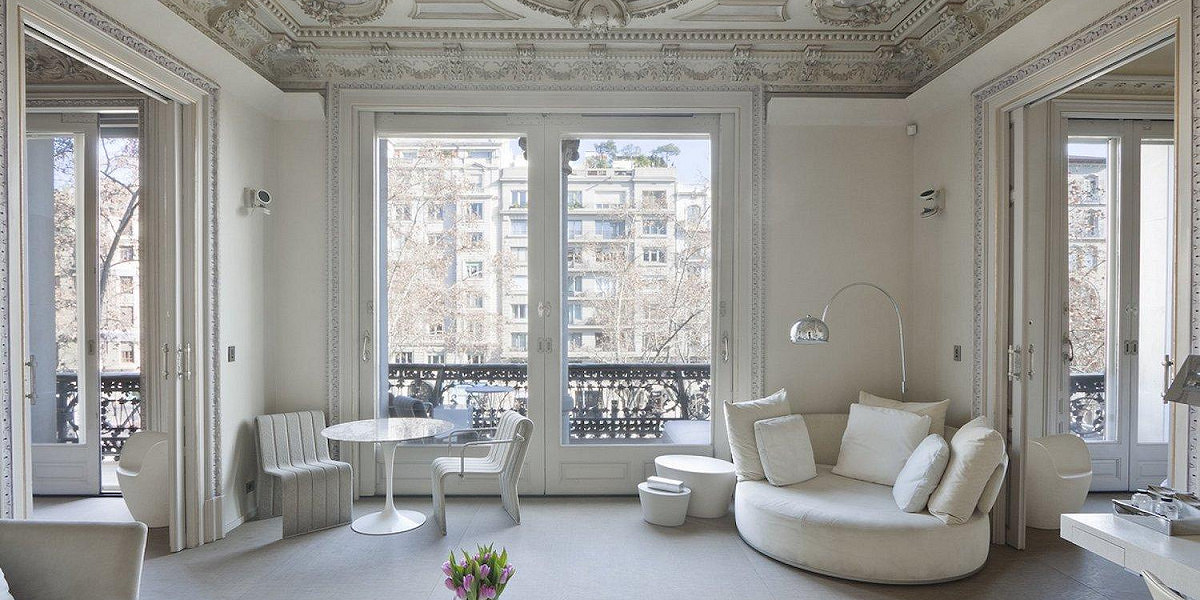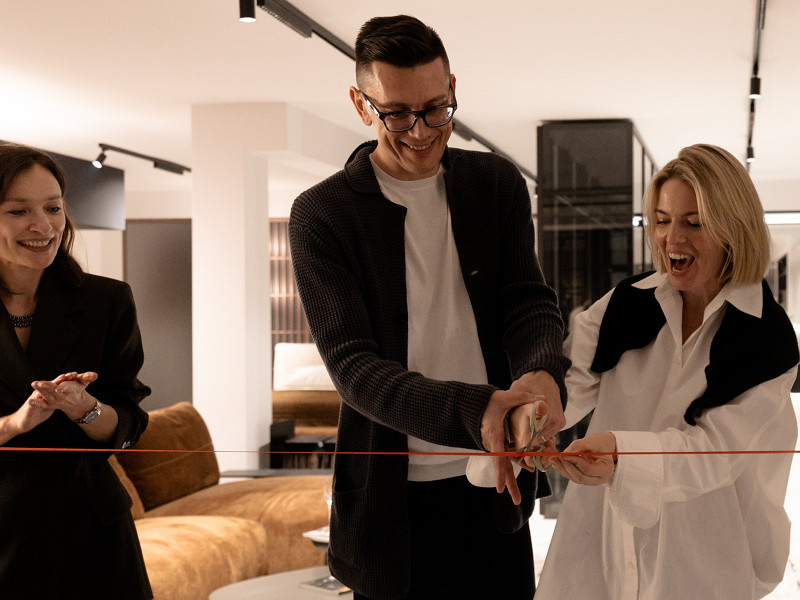
Buying residential property in Spain is a multi-stage and complex process, especially for foreign buyers. Transparency, legal protection, and a personalized approach are the key principles of professional agencies in Barcelona and across the country. Below are the international standards, the interaction format, and the steps followed by GG Real Estate when assisting clients with the purchase of both primary and secondary market properties.
1. Client Inquiry: Defining Needs
The process begins with a detailed interview to create a clear request. The following points are discussed:
- Type of property (apartment, house, penthouse, etc.)
- Preferred areas
- Budget
- Size and number of rooms
- Purchase goals: residence permit, investment, personal use
- Interest in primary or secondary market
- Source of financing: full payment or partial mortgage financing from a Spanish bank
- Client’s legal status: nationality, residency, ownership structure (individual/legal entity)
A well-crafted brief saves time and helps immediately eliminate unsuitable properties.
2. Signing the Purchase Mandate (Encargo de Compra): Legal Formalization of Cooperation
To begin the process, a mandate is signed, outlining the conditions:
- Agency fees are typically paid by the seller.
- Lawyer's fees are paid separately (usually around 1% of the property value).
- Upon request, property search can be done via multi-listing or closed offline databases, with agency fees possibly reaching up to 3% of the property value. This fee includes:
- Full legal support
- Fund transfers
- Tax and capital legalization consultations
Important! In case of cryptocurrency payments: transactions can only be completed after the funds are legalized in the client's Spanish bank account.
3. Providing Property Information, Viewings, and Viewing List
The client receives a curated selection of current properties with detailed descriptions, floor plans, legal status, and information about maintenance and taxes. Before viewings, a viewing list is signed, specifying the addresses of the properties to be inspected.
4. LOI (Letter of Intent)
If the client is interested in a property, an LOI is prepared — a non-binding but formal document reflecting the seriousness of the intentions and outlining the proposed terms of the deal.
5. Seller's Acceptance of the Offer
Once the terms are agreed upon:
- A letter of intent is signed
- Deadlines for legal due diligence are set
- Dates for the reservation agreement (usually within 10 days) and the subsequent deposit agreement (arras) are determined.
6. NIE and Bank Account: Legal Foundation of the Transaction
To proceed with the transaction, it is necessary to:
- Obtain a foreigner's identification number (NIE)
- Open a bank account in Spain or, if present in person, sign an agreement with a notary, who will provide their account and act as an intermediary in transferring funds to the seller
- Prepare a set of documents to confirm the source of funds
The bank may require a "transaction passport" — documents confirming the legality and transparency of the operation.
Important! In case of cryptocurrency payments: transactions can only be completed after the funds are legalized in the client's Spanish bank account.
7. Deposit Agreement and First Payment
At this stage, the first payment is made for the property, and if necessary, part of the agency’s fee is paid.
8. Completing the Transaction and Final Payment
The agency accompanies the client through the signing of the notarial deed of sale. After the transaction is completed, the final payment is made, and the remaining commission is paid.
9. Legal Support for the Transaction
An experienced lawyer is an essential participant in the process. Their tasks include:
- Verifying the legal purity of the property
- Ensuring there are no debts or encumbrances
- Preparing contracts
- Checking financial transactions and taxes
- Liaising with the bank and notary
- Being present at the signing of documents
10. Viewing Premium Properties: Additional Requirements
For viewing luxury properties, the agency may request:
- A copy of the passport
- Information about the professional activity
- Confirmation of the legality of the source of funds
- Proof of a bank account in Spain or the EU
- Logistics of fund transfers
This ensures the transparency of the transaction and the safety of the property owners.
11. First Meeting at the Office — A Mandatory Step
Before property viewings, a personal meeting at the agency’s office is required. This is a standard professional practice that allows:
- Getting to know the client
- Providing a detailed consultation
- Signing necessary agreements
- Clarifying financial and legal details
Only after this meeting are property viewings scheduled.
Conclusion
Buying property in Spain requires strict adherence to legal and professional standards. A reliable agency ensures not only the careful selection of properties but also full client support throughout the process — from the initial inquiry to handing over the keys. Transparency, security, honesty, and a personalized approach are the foundation of a successful transaction with GG Real Estate.
Contact us today to learn more about opportunities for purchasing residential properties and property management in Barcelona and Catalonia.



